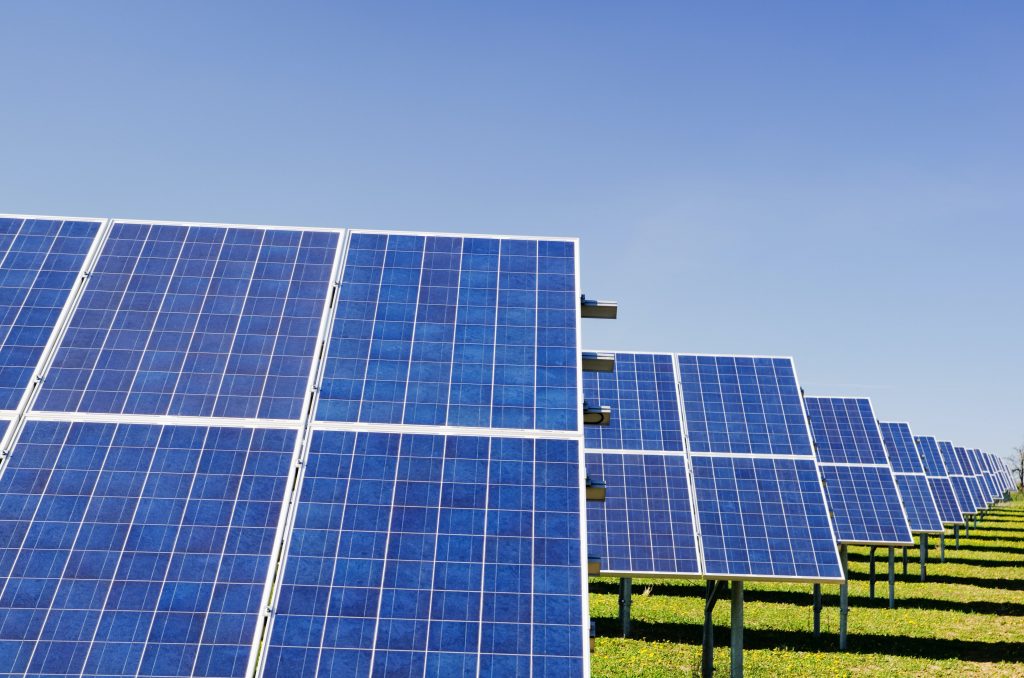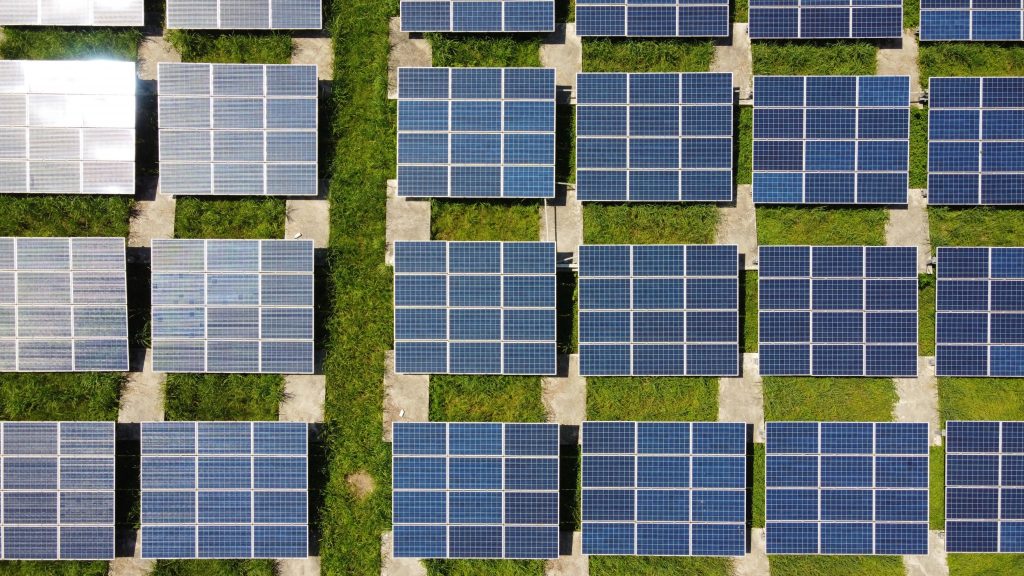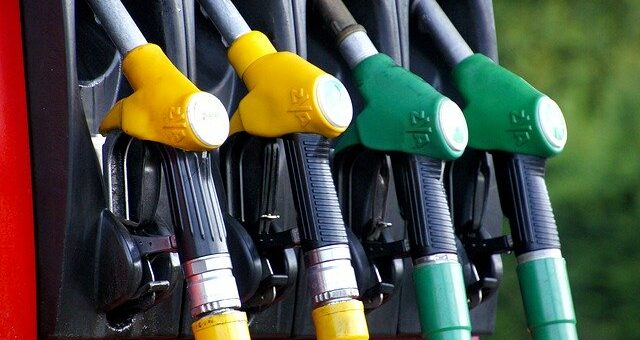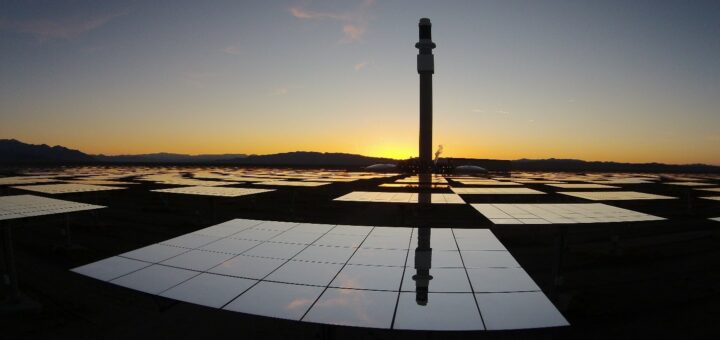Renewable energy cooperation can play an important role in the energy transition in the European Union through international trade, safeguarding security of energy supply, coordinated climate adaptation measures, and optimizing the cost-effectiveness of actions. Concentrating Solar Power (CSP) could play a useful role, e.g. contributing to achieve climate goals in certain countries, or supporting the energy system with dispatchable electricity, they also believe that this role could be filled by realizing other options.
Supplying clean
The European climate change strategies key element is the transition of the energy system towards a more sustainable energy supply, and the decarbonisation of the electricity sector through the deployment of renewable energy technologies. Concentrated Solar Power (CSP), as a dispatchable renewable energy technology combined with thermal energy storage, could contribute to the deep decarbonisation of the European Energy system by providing sustainable electricity and adding to system flexibility.
Biomass and its demand are growing for multiple uses, such as food for humans and livestock, biofuels, and biomaterials. So, the competition for the biomass itself, as well as that for the natural and socio-economic resources required for its production, is expected to worsen. The assessment of biofuels as an innovation has shown to be a complex issue and difficult to address with conventional modelling approaches for the following reasons explained in this post.
The business case for CSP (Concentrated Solar Power) is difficult to establish for importer countries as well as exporter countries and its impacts. Although the impacts of the energy transition have recently emerged in the geopolitics, CSP, is almost absent from both the academic and the policy-oriented geopolitical literature. This post further discusses the context of policies for CSP deployment by renewable energy cooperation in the EU.
- 1
- 2




